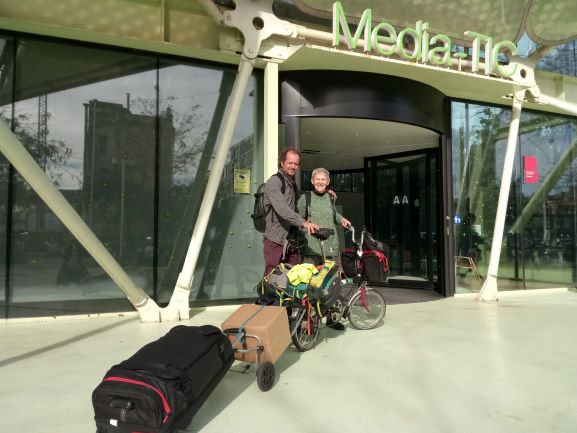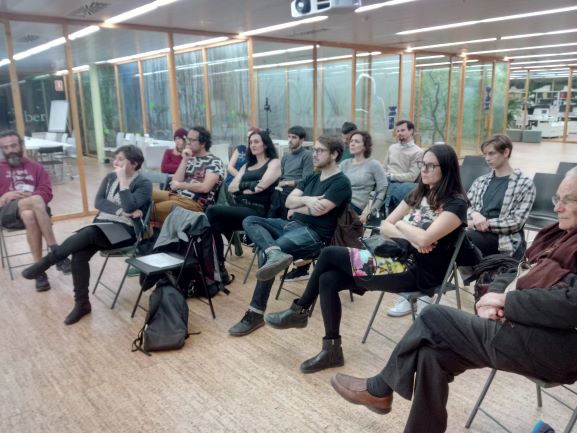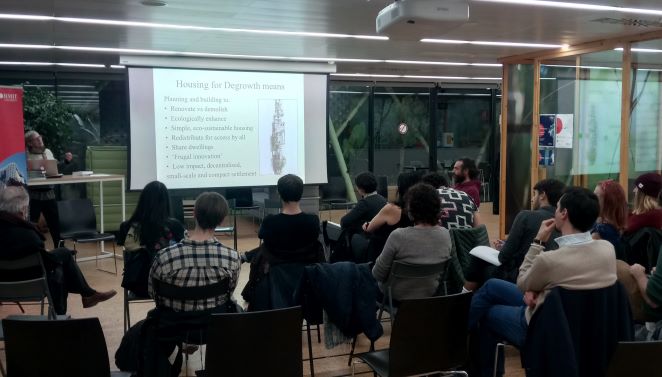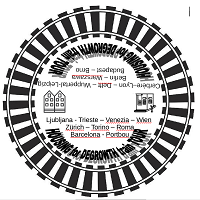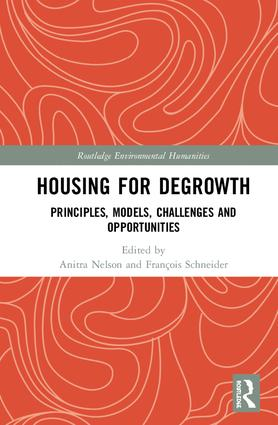On the 25th we had a talk on housing for degrowth at Can Masdeu, a mythic squat in Barcelona. It was the occasion to bring the link between housing for degrowth and gender, as the talk was taking place on the Sunday "PIC" on a day against gender violence. The presentation was mainly in Spanish. In spite of the early time, we were 30 people. We had perspectives of Claudio Cattaneo explaining all the links between squatting and degrowth, and Nina Turull, a young professional ready to get involved in degrowth urbanistic projects after frustrations in the urbanistic growth reality.
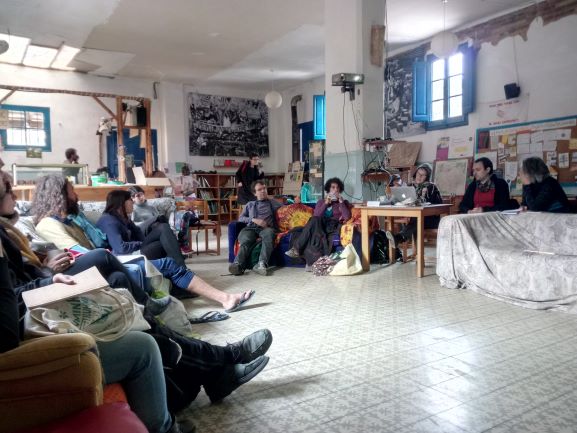
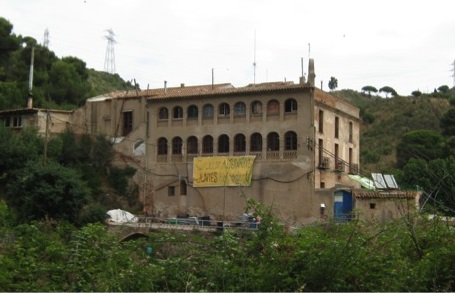
It was interesting to explore the reenforcing effects of growth of suposedly "women liberating" technics, with individualism, size of houses, with the non-sharing of housing tasks... On the contrary housing for degrowth is also about a renegociation of roles, of social relations which can lead to a proper tackling of gender issues. There were very inspiring discussions by participants motivated to start housing projects. There was a great proposal to think of some types of housing swaps at long term, not just for holidays.
On the 21th I gave a course at the master of political ecology, degrowth and environmental justice, on housing and narratives. We entered in the great exercice of building housing degrowth narratives together.
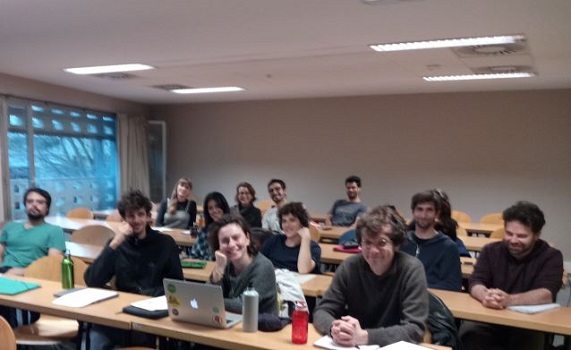
On tuesday 27 nov, we had a presentation of the book at RMIT. The talk was introduced by Joan Martinez-Alier, with Claudio Cattaneo who explained about all the great potentials of using empty buildings, showing that some of the limitations, for example that renovations are not always durable, are linked to the insecurity created by the legal context. Mara Ferreri explained how, in the case of Heygate estate demolition in london, the growth context made policy makers disregard several studies showing that renovation was actually more cost-effective. Again in the discussion came the importance of including policy makers in the building of positive degrowth narratives.
